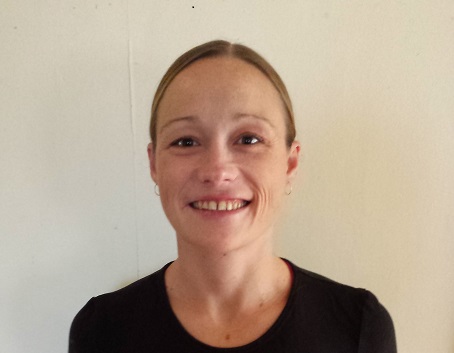Patterns of crime in everyday life: Using big data to capture the dynamics of urban social environments
Watch the lecture here!
Registration
All are welcome to attend our free event. For catering purposes and as capacity is limited, please register by Thursday 3 October 2019.
About the lecture
The majority of crime events in urban spaces are unplanned and take place during the course of everyday legitimate activities. Despite a long standing theoretical interest in the spatial routines that structure our daily lives, our empirical understanding of everyday, urban population dynamics and how they influence crime remains in its infancy. This empirical gap reflects a broader trend in both criminology and the social sciences where there has been a tendency to neglect the seemingly ‘mundane’, everyday, normal situation to instead focus on extreme or rare events that emerge under unusual circumstances or in times of crisis (e.g. neglecting common assault to focus on robbery or murder; ignoring behaviour during an afternoon drizzle to focus on behaviour during a flood). To better understand the dynamics of urban social environments and opportunistic crime events, future research must consider the nuances of daily routines and explore the mechanisms through which incidental encounters and social interactions facilitate the ebb and flow of crime opportunities in urban environments throughout the course of the day.
The focus of this presentation will be on the way in which big data can be utilised to better understand the nuances of ‘normal’, everyday life that serve as precursors to crime events; but can also serve as opportunities for everyday citizens to act as crime guardians. Dr Zahnow will report on recent work using ‘go-card’ smart card data, survey and mobile phone data to demonstrate ways in which big data and mobile phone data can help us to better understand the crime landscape and establish appropriate crime prevention responses that focus on empowering the public to act as informal crime guardians through awareness and education.
About the presenter
 Dr Renee Zahnow is a Lecturer in Criminology in the School of Social Science at The University of Queensland (UQ). Renee has expertise in spatial and longitudinal analyses and she has applied these skills to examine a range of social problems including crime, disorder, community social processes, resilience, substance use and community regulation. Renee's research focuses on place-based patterns of crime and victimisation; she is particularly interested in understanding the link between the regularities of daily human mobility, social and behavioural norms and the propensity for crime and deviance. Dr Zahnow has worked across a range of research projects including program evaluations and random-control trials. She has experience in working with police, ambulance and hospital data and has established working ties with industry partners and international colleagues. She has expert knowledge in areas of urban criminology, youth and deviance and substance use. Her work is published in various journals, including Criminology, Crime and Delinquency, Journal of Urban Affairs and Journal of Environmental Psychology.
Dr Renee Zahnow is a Lecturer in Criminology in the School of Social Science at The University of Queensland (UQ). Renee has expertise in spatial and longitudinal analyses and she has applied these skills to examine a range of social problems including crime, disorder, community social processes, resilience, substance use and community regulation. Renee's research focuses on place-based patterns of crime and victimisation; she is particularly interested in understanding the link between the regularities of daily human mobility, social and behavioural norms and the propensity for crime and deviance. Dr Zahnow has worked across a range of research projects including program evaluations and random-control trials. She has experience in working with police, ambulance and hospital data and has established working ties with industry partners and international colleagues. She has expert knowledge in areas of urban criminology, youth and deviance and substance use. Her work is published in various journals, including Criminology, Crime and Delinquency, Journal of Urban Affairs and Journal of Environmental Psychology.
Program and timings
Registration: 4.45pm for a 5pm start
Public Lecture: 5–6pm
Reception: 6–7pm
Location
ViewPoint, Building 33, The University of Queensland, St Lucia Campus.
Find directions and parking information.
Enquiries
Contact the School of Social Science via email - socialscience@uq.edu.au
About 2019 Paul Bourke Public Lecture
The Paul Bourke Lecture is named in honour of the late Paul Francis Bourke (1938–1999), President of the Academy of the Social Sciences in Australia from 1993–1997. The lecture is presented each year by the recipient of the previous year’s Paul Bourke Award for Early Career Research. The lecture is presented at the lecturer’s home university and is open to the public.
